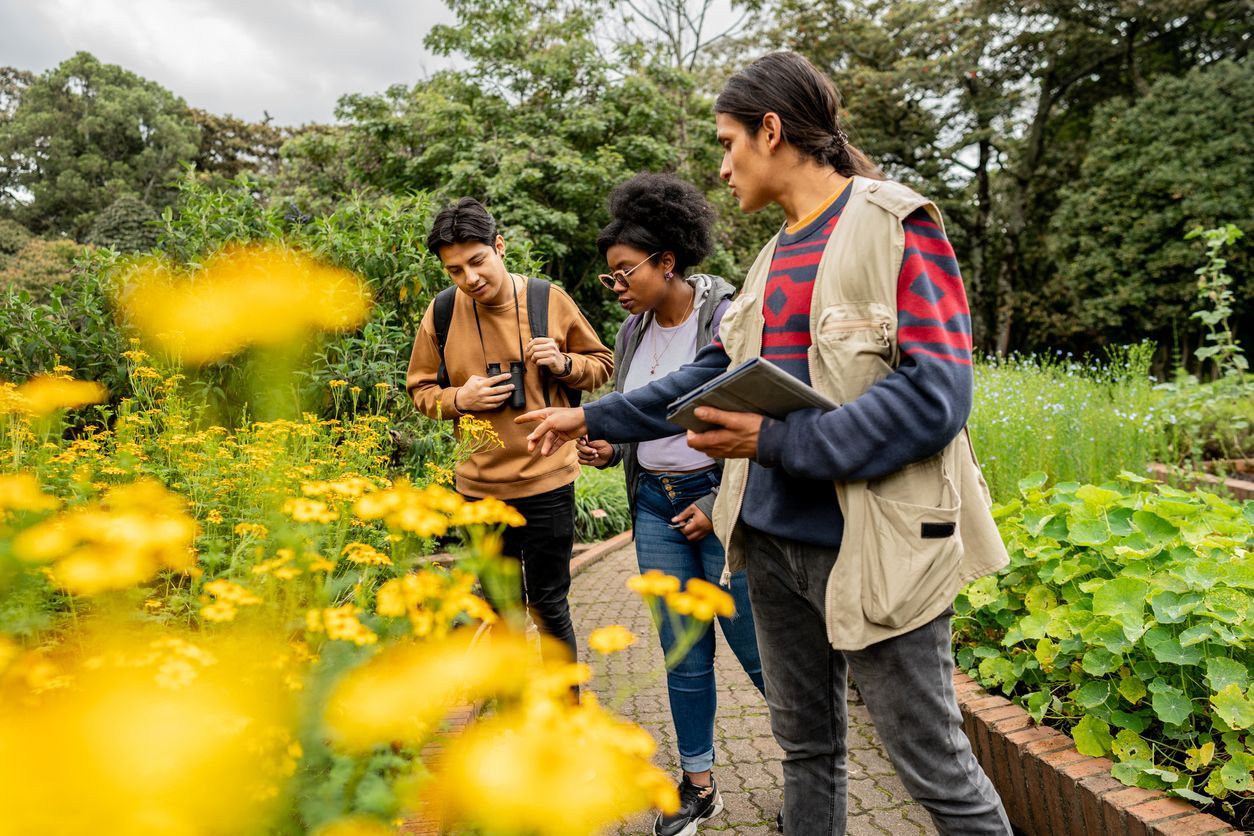This page is licensed under Creative Commons under Attribution 4.0 International. Anyone can share content from this page, with attribution and link to College MatchPoint requested.
12 Hidden Gem Colleges for Environmental Studies
For students passionate about sustainability, conservation, and tackling climate challenges, environmental studies programs provide a pathway to meaningful careers. The strongest programs don’t just stay in the classroom—they connect students with fieldwork, research, and community projects. Families may be surprised to learn that some of the best opportunities come from smaller or less widely known colleges that offer extraordinary access to labs, outdoor spaces, and faculty mentorship.
Here are 12 hidden gem colleges with outstanding programs in environmental studies:

Northland College
Located in Wisconsin near Lake Superior, Northland is recognized for sustainability and its tight-knit community. Students benefit from extensive outdoor research opportunities and close mentorship from faculty.
Alaska Pacific University
In the heart of Anchorage, Alaska Pacific is renowned for hands-on marine and outdoor studies. Students pursue B.A. and B.S. degrees in environmental fields, with opportunities to study sustainability amid Alaska’s dramatic landscapes.
SUNY College of Environmental Science and Forestry (SUNY-ESF)
SUNY-ESF is entirely dedicated to environmental fields, with nine full departments ranging from forest ecosystem science to energy management. The college also features a unique Ranger School and field stations that bring classroom concepts to life.
Daemen College
Daemen offers flexible environmental science programs that blend policy, science, and management. Small classes mean close faculty mentorship, while alumni connections open doors to internships and fieldwork.
Juniata College
This Pennsylvania college is known for its dynamic field experiences and strong graduate school placement. Students explore majors in GIS, wildlife conservation, and even environmental economics.
Colorado College
With its one-class-at-a-time block scheduling, Colorado College offers a unique way to study environmental topics in depth. The program spans chemistry, physics, and policy, with a strong emphasis on interdisciplinary approaches.
Colby College
Colby’s Environmental Studies Program, one of the oldest in the country, is rooted in project-based learning. Students engage in local and global fieldwork, often tackling real sustainability challenges in partnership with communities.
Luther College
Set in Iowa, Luther offers sustainability-focused programs and abundant hands-on opportunities. Students conduct watershed studies and work on ecological projects that directly benefit the local environment.
Butler University
Butler’s collaborative environmental studies program emphasizes project-based courses and city-focused sustainability efforts. Students in Indianapolis gain real-world experience by working on urban ecology and resource management initiatives.
SUNY Fredonia
SUNY Fredonia delivers strong undergraduate programs in environmental science and ecology. Students gain field research opportunities across upstate New York while benefiting from a supportive campus culture.
University of North Carolina—Chapel Hill
UNC-Chapel Hill is widely respected for its environmental sciences and engineering programs. Students focus on water and air quality, sustainable development, and policy work that addresses global environmental issues.
University of South Carolina
With access to both coastal and inland ecosystems, USC students engage in fieldwork across diverse environments. The program emphasizes sustainability and conservation biology, preparing graduates for impactful careers in research or policy.
How to Prepare for an Environmental Studies Major
If your student is considering environmental studies, here are a few ways to build a strong foundation in high school:
- Take Advanced Science Courses: Biology, chemistry, and physics will provide the groundwork for future studies.
- Develop Quantitative Skills: Courses in math and statistics support research and data analysis.
- Engage with Sustainability Projects: Join or start an environmental club, or volunteer with local conservation organizations.
- Pursue Outdoor Experiences: Summer camps, field programs, or internships related to ecology or natural resources can strengthen both passion and skills.
- Explore Policy and Social Sciences: Environmental studies often overlap with economics, government, and ethics—broadening your student’s perspective.


